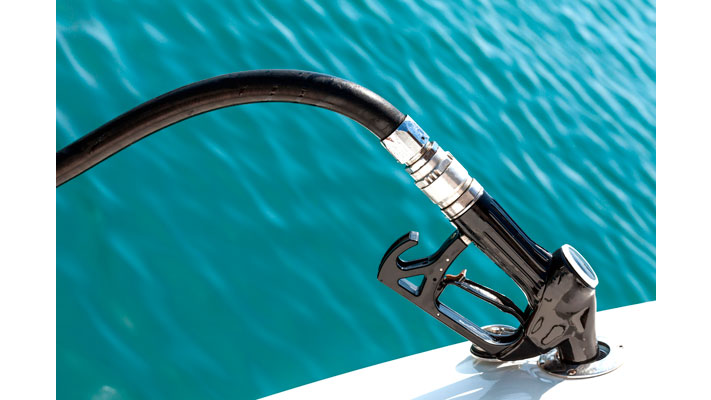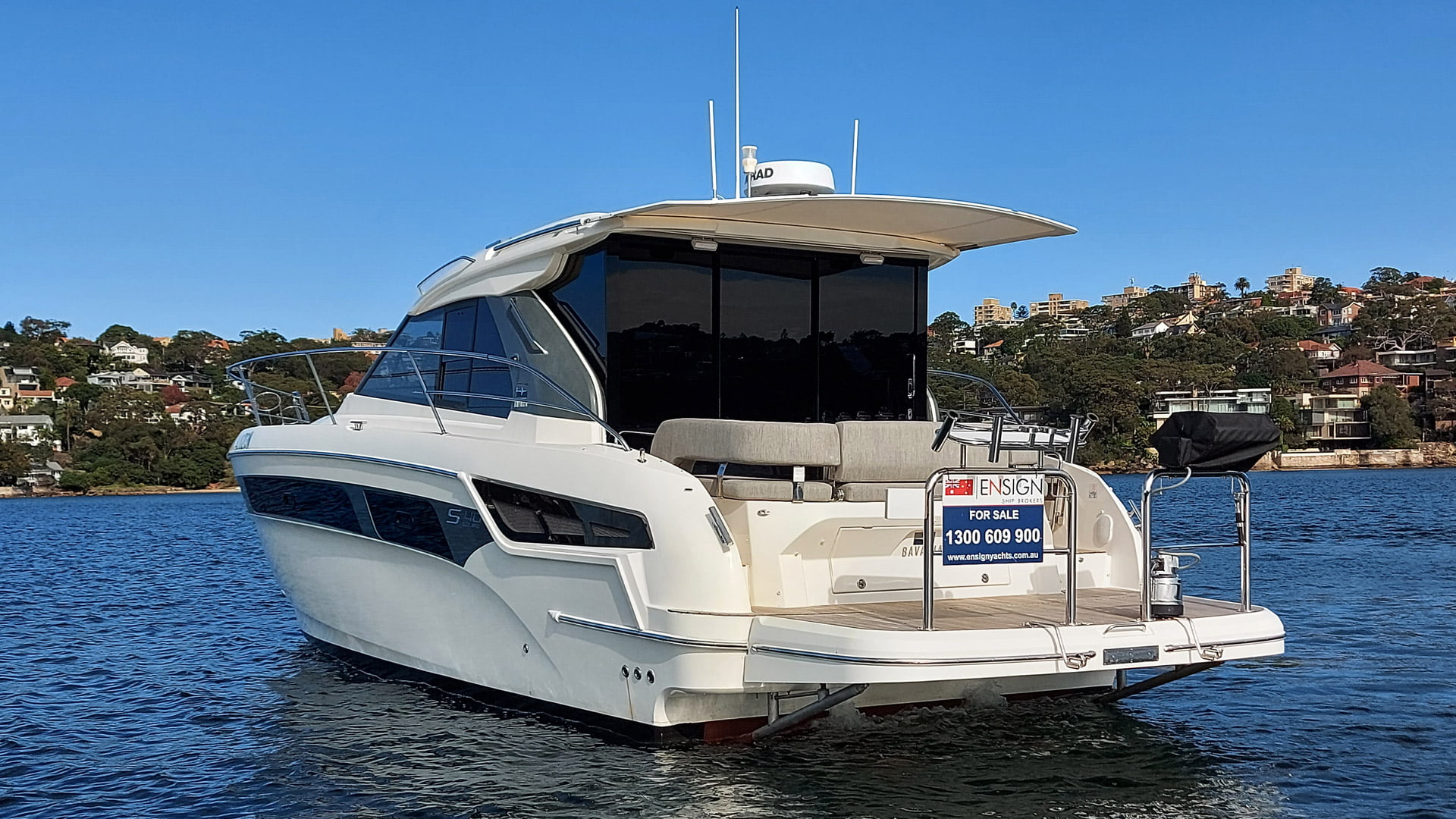This expert advice column from Ensign's own Raman Flawn will help ensure you're not stuck up the creek without a paddle!
For those boaters out there running diesel fuel, an awareness of diesel bug is a must. Diesel fuel is susceptible to contamination by various microorganisms such as bacteria, fungi, and yeast. These microorganisms can thrive in the fuel system, particularly in the presence of water. Diesel bug typically occurs when there is a presence of water in the fuel, which serves as a breeding ground for the microbes.
Many boat owners take great care to avoid getting water into their fuel tanks by being careful when refueling and avoiding ingress of water through deck fillers. However, water can still find its way into fuel tanks through breathers as they take in humid air which condenses inside the tanks.
The microorganisms responsible for diesel bug live in the thin layer between the diesel and any water in the tank. They feed on the hydrocarbons present in the fuel and can multiply rapidly under favourable conditions. As they grow, they form colonies and produce a slimy substance called biofilm. This biofilm can accumulate on the inside surfaces of fuel tanks, fuel lines, filters, and other components of the fuel system, leading to several issues including:
-
Fuel degradation: The microbial activity can break down the fuel, leading to its degradation. This can result in reduced fuel quality and compromised engine performance.
-
Filter clogging: The biofilm and microbial growth can clog fuel filters, reducing fuel flow and causing engine performance issues. This can lead to frequent filter replacements and increased maintenance costs. In some cases, it can lead to a complete loss of power at the most inconvenient or critical times.
-
Corrosion: Some microorganisms produce acidic byproducts as they consume the fuel, leading to corrosion of metal surfaces within the fuel system. This corrosion can damage components and lead to fuel leaks.
-
Injector fouling: The presence of diesel bug can cause injector fouling, affecting the fuel spray pattern and leading to poor combustion. This can result in decreased engine efficiency, increased emissions, and power loss.
If build-up of this material is allowed to continue for long enough, some percentage of the microbes will die as the colonies evolve. These dead microbes fall to the bottom of the tanks forming a sludge. Many fuel pickups inside fuel tanks don't go all the way to the bottom of the tank. This means the sludge can go unnoticed for some time if the vessel is not used often and is only ever used in calm waters at slow speeds.

Preventing and treating diesel bug involves several measures, such as:
-
Proper fuel storage: Ensuring that fuel tanks and storage systems are properly sealed to prevent water ingress and minimising the presence of water in the fuel.
-
Regular fuel testing: Conducting regular fuel quality tests to detect the presence of microbial contamination and taking appropriate measures if detected.
-
Biocide treatment: Using biocides specifically designed to kill and control microbial growth in diesel fuel. These additives can be added to the fuel to eliminate or suppress the microorganisms.
-
Fuel system maintenance: Regularly inspecting and cleaning fuel tanks, filters, and other components to remove any accumulated biofilm and prevent further contamination.
-
To prevent ingress of water through breathers, desiccating breather filters can be fitted
-
Fuel polishing- a process where the fuel is extracted and filtered before being pumped back into the tanks. Many larger vessels have on-board fuel polishing systems as a part of the fuel filtration equipment




